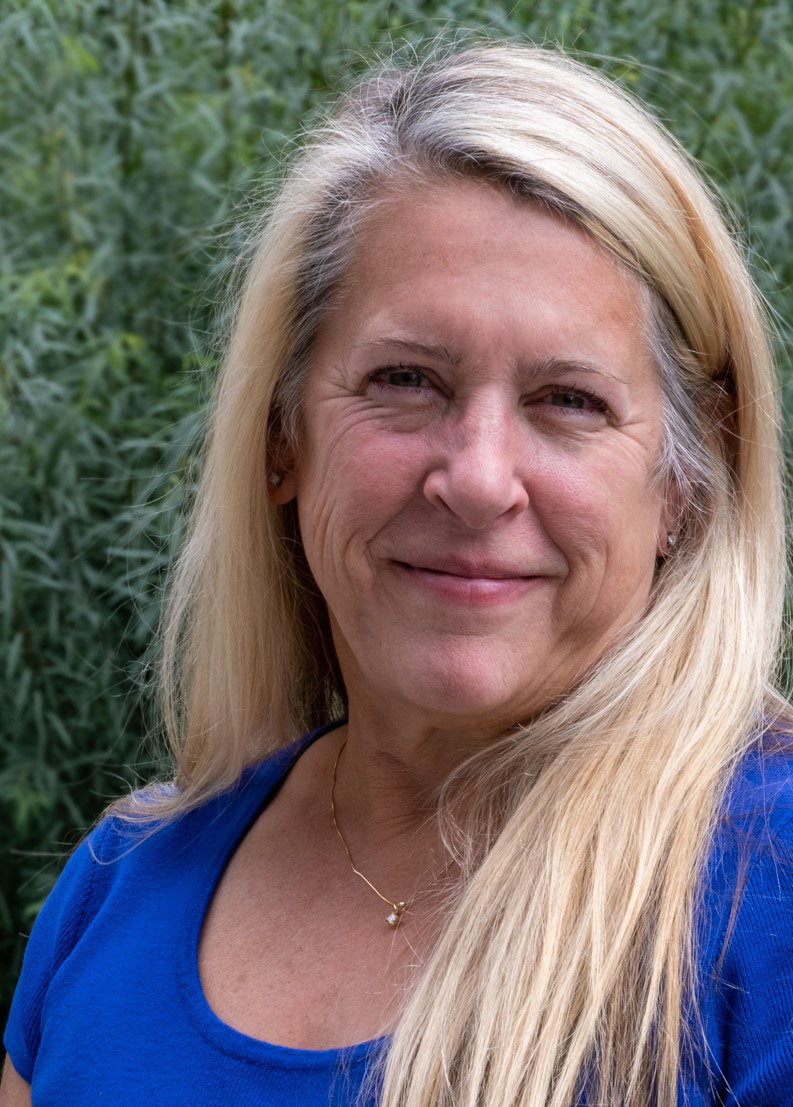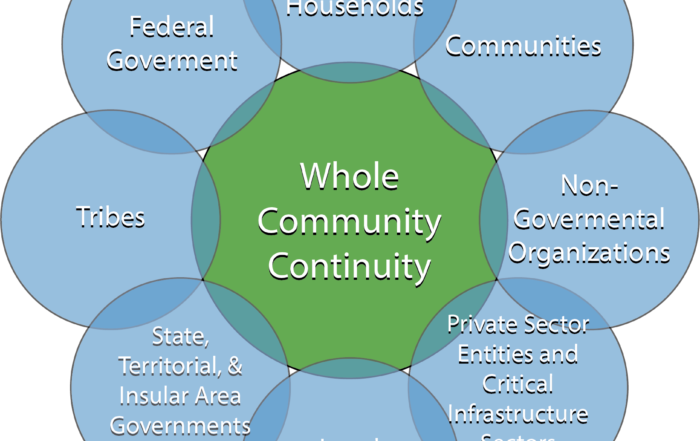Welcome Monica Brummer: New Center Director for Clean Energy
By Kellie Hale
Monica Brummer is the new Director for the Center of Excellence for Clean Energy at Centralia College. The Center is a statewide resource that represents the interests of the energy industry and their labor partners within the Washington State CTC system. The Center of Excellence for Clean Energy’s vision is to be a national model in developing partnerships among business, industry, labor and education — for the purpose of enhancing economic and workforce development initiatives that meet the needs of the clean energy industry.
Question: Tell us about yourself. What is your educational and professional background?
Brummer: I graduated from Oregon State University with a bachelor’s in technical journalism and wildlife science. I have more than 30 years of marketing, public relations and advertising experience that is coupled with 14 years working in higher education. I worked for the Center for four years and managed publications, events and the website prior to coordinating Centralia College’s Student Job Center and becoming the Center’s director.
Question: What drew you to the Center of Excellence for Clean Energy? What should people know about your Center?
Brummer: This industry fascinates me. The Center’s core industry – electricity generation, transmission and distribution – is facing some incredible challenges of meeting no-carbon emission initiatives, reduction in generation resources, and increased demand for more power generation within an aging infrastructure. Current workers and energy education will need to be upskilled and updated to include new technologies. Within this decade, you’ll witness a lot of changes – from an increase of electric vehicles to new fuel sources; and there are signs that offshore wind and onshore fusion aren’t that far away.
Our Center and its website, https://cleanenergyexcellence.org, offer a hub of resources – such as clean energy career information and energy education links that lead to high-skilled, high-paying, clean energy careers that make a difference. It’s time to increase awareness and invite career seekers to be part of an industry that’s helping to heal our planet.
Question: Is your industry an emerging field? Meaning, are there a lot of employment opportunities for people? How so?
Brummer: The core industry has been around for more than one hundred years. It’s an industry that frankly, isn’t thought of until the power goes out. Let’s face it: We take energy for granted. However, technology and the state’s drive to a cleaner environment is changing this industry quickly. So quickly that we need to add more classes and programs to educate our current and upcoming workforce. Stronger yet, we need to recruit more students into these programs to enter the workforce. There are opportunities to be innovative, to change careers, and make a difference; AND there are opportunities for people of all backgrounds and experiences. Careers range from trimming trees to sorting fish; from operating a generation plant to securing the grid; from trading power to analyzing efficiency; from designing underground grids to creating a better battery. There are so many opportunities. Too many to mention here — AND there’s a current shortage of workers.
Question: How will the new “Build Back Better” bill and the federal funding becoming available impact the clean energy field?
Brummer: Funds will allow our infrastructure to be strengthened, for clean energy generation to be built, for electric vehicles and charging stations to be accessible to everyone. You’ll see electric ferries, airplanes, buses and other forms of transportation. Thousands of jobs will open to support construction, clean technology manufacturing and a ready-to-retire workforce.
Question: Where does education go from here in terms of online and grounded courses, along with making sure students are provided with the resources need to so they succeed in their classes/programs?
Brummer: Stakeholders are watching trends and innovative projects, and listening to industry needs. Industry is creating opportunities for Career Connected
Learning – such as internships, pre-apprenticeship and apprenticeship positions. We’re reaching out to our Community and Technical colleges to update programs to meet the needs of our expanding industry. Centralia College, for example, is including basic welding, diesel technology, and electronics/robotics/automation within the first year of the energy program – which will give students more skills and experience. For resources and news, use our website, https://cleanenergyexcellence.org, to review college programs, career information, industry news, and job sites. Be sure to complete the free
application for federal student aid (https://fafsa.ed.gov/) to seek possible funding.




